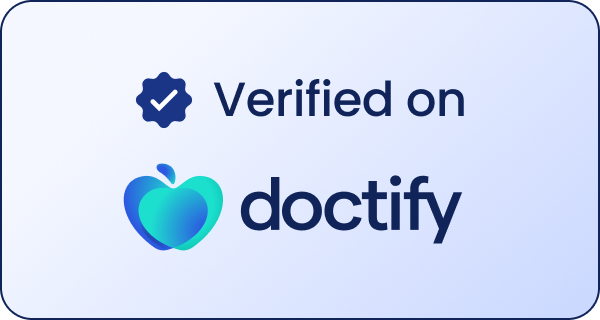What are behavioural challenges in children?
Children and teenagers may display behavioural difficulties for many different reasons — including emotional stress, developmental conditions, or underlying mental health concerns. These behaviours can affect home life, school performance, and peer relationships, and are often a sign that a child is struggling to cope. Early support can help children understand their emotions, build coping skills, and improve their behaviour in a healthy and lasting way.



